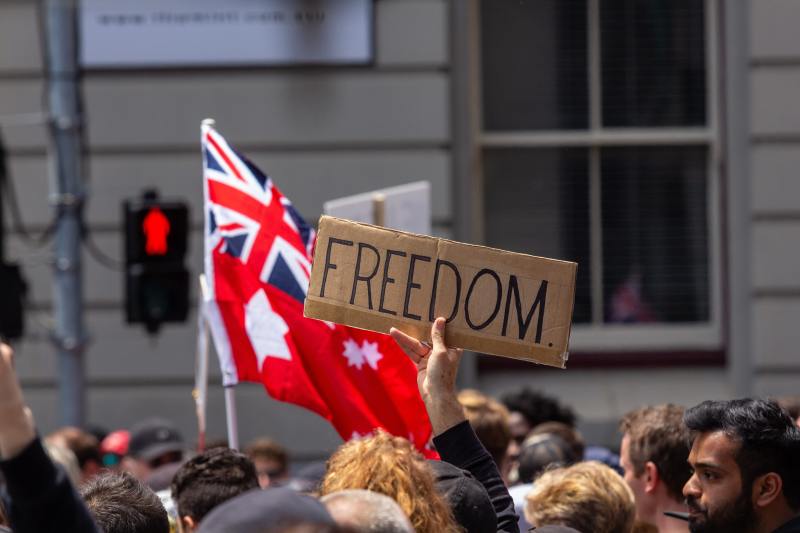
The U.S. government needs to take action to secure the release of Rolando Alvarez Lagos, the Bishop of Nicaragua, condemned to 26 years in prison for advocating for religious freedom. It is the critical message the United States Commission on International Religious Freedom (USCIRF) conveys.
USCIRF's Cry
The USCIRF strongly urges the United States government to call on the government of Nicaragua to release Bishop Alvarez immediately and unconditionally. The USCIRF Commissioner Frederick A. Davie made the following statement on Feb. 14 that they are astounded to see Bishop Alvarez now spend the next 26 years in prison for raising concerns about Nicaragua's numerous breaches of religious freedom.
As mentioned, the USCIRF is a government institution that is independent and bipartisan, analyzes matters about worldwide religious freedom, and provides advice to Congress, the United States Department of State, and the president.
In addition, Pope Francis affirmed his solidarity with the imprisoned bishop during his Angelus address on Sunday. The pope stated that he was deeply distressed by the news from Nicaragua. He expressed worry for Alvarez and prayed for Nicaragua's 222 deported political prisoners.
Nicaraguan Bishop to Spend 26 Years in Prison
Friday, Feb. 10, at a court hearing in Managua, Bishop Rolando José Alvarez Lagos of Matagalpa was condemned to more than 26 years in jail. Among other counts, the Catholic bishop was convicted of treason, undermining national integrity, and distributing false information. In addition, the Managua Court of Appeals judge stated that he would be penalized and stripped of his Nicaraguan citizenship.
The punishment was handed down when a crackdown on the Church in Nicaragua was becoming increasingly severe, with priests being arrested regularly and Church charities and organizations being shut down. In comments that were shown on television after the verdict was rendered, Ortega repeated his allegations that Bishop Alvarez engaged in "terrorism." It is following the bishop's refusal to depart Nicaragua. Alvarez changed his mind at the airport among other political inmates, including priests and seminarians.
Since 2018, when Nicaraguan authorities repressed rallies over a series of controversial reforms to the social security system, relations between the bishops and the Sandinista government have been strained. Despite efforts to mediate the issue, bishops were finally barred from the talks and accused of complicity in a purported coup by Ortega.
Moreover, Bishop Alvarez declined to be moved to the United States along with 222 other arrested opponents of President Manuel Ortega, including five priests, a deacon, and two seminarians convicted of conspiring against the government and sentenced to ten years in prison on accusations of conspiracy.
Like Bishop Alvarez, the deportees have been deemed "traitors of the homeland" and stripped of their Nicaraguan citizenship for "acts that undermine the independence, sovereignty, and self-determination of the people, as well as for encouraging violence, terrorism, and economic destabilization." They are currently awaiting a U.S. resident permit. Other two priests from the Diocese of Granada, Frs. Manuel Garcia and José Urbina remained jailed in a Nicaraguan prison on similar allegations.
In addition, before the bishop refused to leave Nicaragua, priests and seminarians from Nicaragua, Archbishop Thomas Wenski of Miami, offered free housing with the opportunity to become familiar with the culture of the United States, acclimatize themselves to it, and analyze their next course of action.
Related Article:Pope Francis Speaks Out for Imprisoned Bishop in Nicaragua: A Cry for Justice and Freedom


















